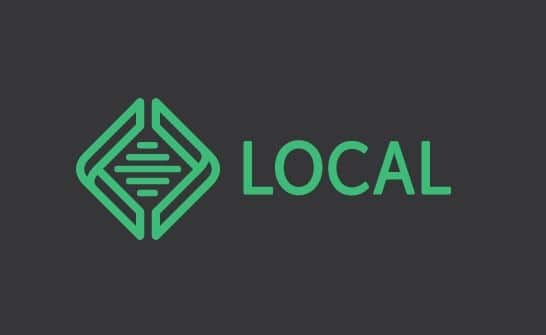Local 5.9.2 was released this month with a new image optimization feature. The Pro version of Flywheel’s local WordPress development product got a revamp four months ago, bringing in a new collection of pre‑launch tools. While image optimization falls into that category, the company decided to make this new feature available to both free and pro tiers via an optional add-on.
Users can install the new add-on directly in the app and then navigate to Tools › Image Optimizer. After enabling the add-on and relaunching the app, Local will be able to scan the installation for image files and compress them offline, without using cloud-based services. The add-on allows users to navigate away from an active optimization session and carry on with development while it works in the background.

Before proceeding, users can also navigate to the Image Optimizer settings and elect to strip the metadata (i.e. focal length, date, time, and location) to further reduce the file size and, as a byproduct, remove potentially identifying data. The default optimization simply reduces file size and does not strip metadata.
After optimization is complete, an overview of the total reductions and disk space saved will be displayed.

The add-on currently uses jpeg-recompress to optimize images, a utility from the open source JPEG Archive project. Here is how it works:
Compress JPEGs by re-encoding to the smallest JPEG quality while keeping perceived visual quality the same and by making sure huffman tables are optimized. This is a lossy operation, but the images are visually identical and it usually saves 30-70% of the size for JPEGs coming from a digital camera, particularly DSLRs.
Local’s development team plans to expand this in the future to add more options like lossless compression. Version 5.9.2 also fixes several bugs with the UI and adds improvements to make it more consistent.
Like this:
Like Loading…





